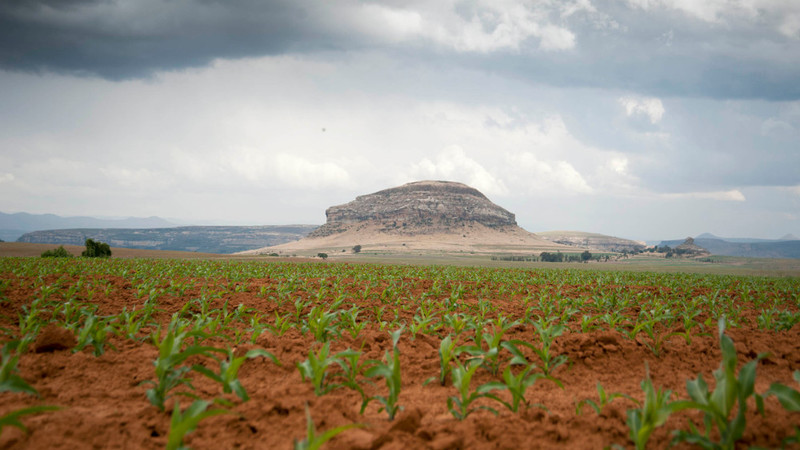The new Expropriation Act of 2024 has sparked a lot of debate and controversy in South Africa. One of the key points of contention is the issue of property rights and the economic impact of land expropriation. The ANC’s land policy, which includes the possibility of expropriation without compensation, has raised concerns among property owners and investors in the country.
However, analysts reassure that property owners will not be arbitrarily deprived of their rights under the new Expropriation Act. The Act aims to balance the need for land reform with the protection of property rights, ensuring that any expropriation is done in a fair and just manner.
One of the main concerns raised by opponents of the Act is the fear of land grabs and the potential negative impact on the real estate market in South Africa. They argue that the uncertainty surrounding property rights could deter investment and lead to a decline in property values.
On the other hand, supporters of the Act argue that it is necessary to address the historical injustices of land dispossession in South Africa. They believe that land expropriation is a crucial step towards achieving social and economic justice in the country.
Despite the heated debate, the government has emphasized the importance of following due process and ensuring that any expropriation is in the public interest. The Act includes provisions for compensation, taking into account factors such as the market value of the land and the impact of the expropriation on the property owner.
In conclusion, the Expropriation Act of 2024 is a complex and contentious issue that has divided opinion in South Africa. While there are legitimate concerns about the impact of land expropriation on property rights and the economy, it is important to consider the broader social and historical context of land reform in the country. Ultimately, the implementation of the Act will require careful consideration and adherence to the principles of justice and fairness.








